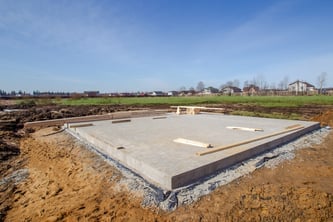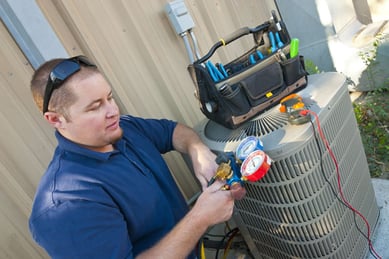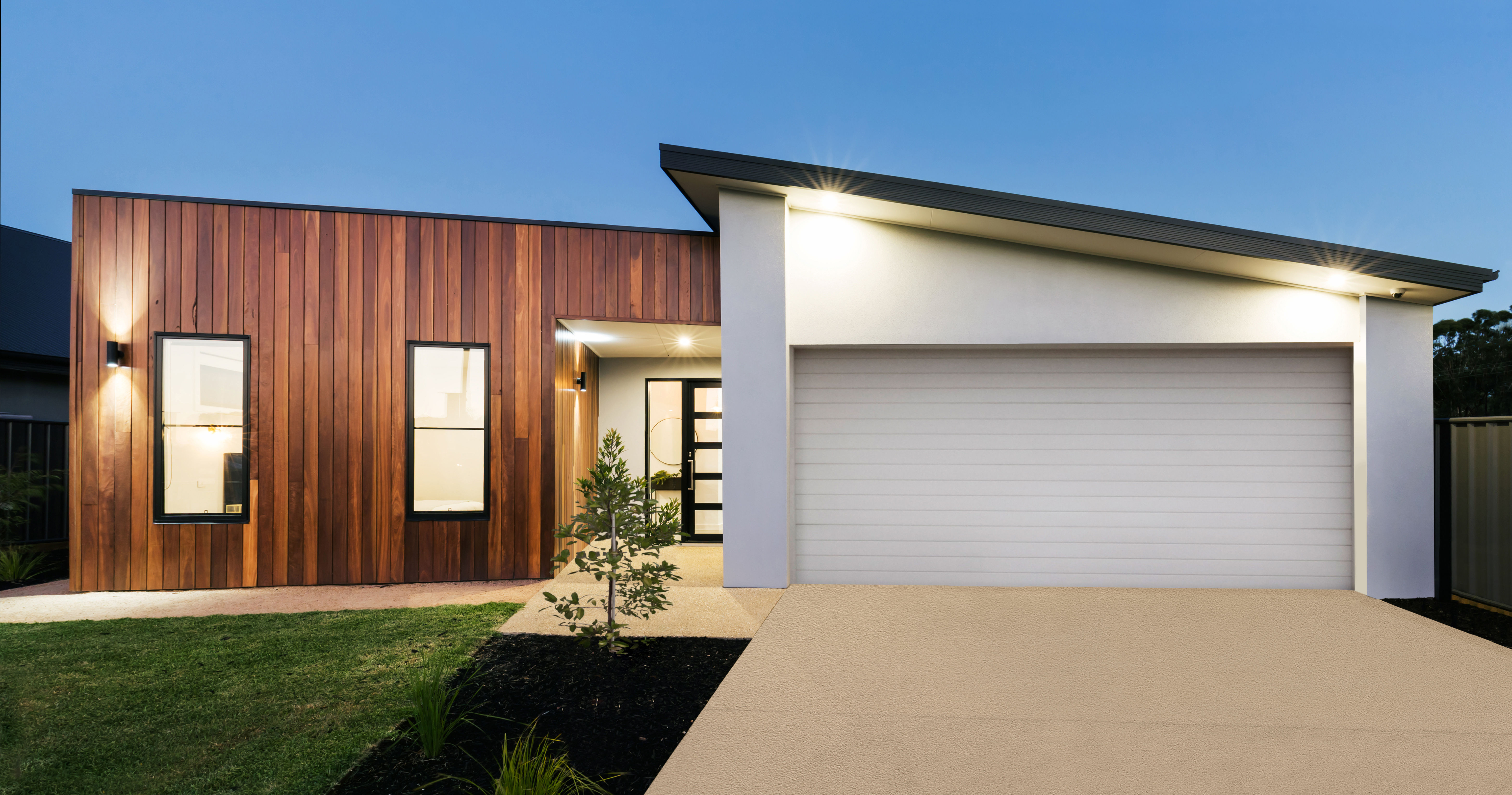Congratulations on your new home!

New home purchases are exciting and perhaps a bit stressful, all at the same time. It's critical for new homeowners to understand what is warrantied in your new home and by whom, so whom to turn to for help with issues is clear.
Sign up for our Blog!
What Does a Builder's Warranty Cover?
A builder warranty covers the workmanship and the elements of the home that the builder created as part of the home.

This includes what really lies between the foundation and the roof, such as the windows, the flooring, the walls, and the electrical and plumbing systems. It doesn't cover structural issues caused by natural disasters, or new structures that are built or added after the home closing, such as detached garages or swimming pools. It doesn't include appliances or home systems like HVAC or water heaters. Those are covered by the product manufacturer. Builder warranties typically last for the first year of homeownership but can be extended by adding a structural warranty.
Manufacturer Warranties
Manufacturer warranties cover the repair of mechanical breakdowns caused as a result of normal wear and tear, for appliances and other home systems like the HVAC, ceiling fans, kitchen exhausts, central vacuums, etc. These warranties are offered by the manufacturer directly and also managed by the manufacturer. If the refrigerator breaks down, homeowners need to call the manufacturer, not the builder, as the manufacturer will send an authorized repair tech to the home to fix the appliance under the warranty period, at its own costs, assuming the issue is a covered issue.
What is a Structural Warranty?
Structural warranties are often add-ons by the builder. The builder will work with a third party to secure basically an insurance policy, a structural warranty, which insures the builder and notes the homeowner as the beneficiary. It covers the structure and sometimes the systems for periods of up to 10 or more years, for defects due to construction, such as:
- Beams

- Girders
- Lintels
- Masonry
- Footings
- Columns
- Load-bearing walls and partitions
- Roof framing systems
- Floor Systems
Structural warranties are a risk mitigation strategy for builders and security for homeowners, but they only cover the structural elements of a home, not the appliances or other home systems.
What is a Home Warranty?
Home warranties are similar to insurance policies or service contracts insomuch as they cover the repair of appliances and home systems in a residential home.
Sold for a fixed term, for a fixed fee which can be annual, quarterly, or monthly, some home warranties simply cover appliance packages which include the kitchen and laundry appliances, while others cover additional fixtures, such as HVAC or boilers, or water heaters. Others cover home systems as well, such as:
- Air conditioning and heating ductwork
 Electrical
Electrical- Plumbing and Stoppages
- Water Heaters
- Doorbells
- Smoke Detectors
- Ceiling Fans
- Central Vacuums
- Garage Door Openers
- Built-in Food Centers
- Inground Pools and Spas
- Well Pumps
- Water Softeners
- Septic System Plumbing
Home warranties are typically sold by real estate brokers, builders, or mortgage companies at the time of a home sale, or directly to consumers by home warranty companies.
Home warranties are desirable by homeowners because they provide protection for the unknown, covering repair costs for mechanical breakdowns of covered products.
You can read more about home warranties by clicking here.
So, Which One do Homeowners Need?
In a perfect world, homeowners need all 3 types of new home warranties, because they provide different kinds of coverage.
The builder warranty protects homeowners from defects in workmanship during the first year. It doesn't provide structural coverage beyond that, so a structural warranty can be a lifesaver, if say, there's an issue with the roof or the foundation that pops up in the second year. A structural warranty offered by the builder protects the build and the homeowner from unexpected costs due to issues with the home itself.
A home warranty provides another level of coverage altogether, by covering what neither the builder nor the structural warranty provider does, namely the appliances and home systems, covering the costs of repairs for the term.
To protect your home and the stuff in it for the long term, make sure your builder offers both a builder and structural warranty, and rely on fixHomz to make it easy to protect the manufactured products in your home!





.jpg)
.jpg)



.jpg)

